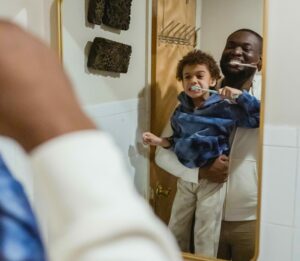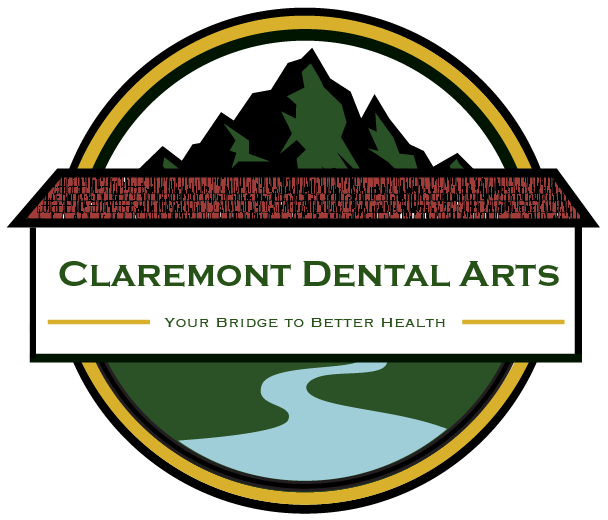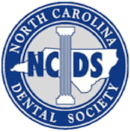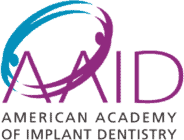
Parenthood is always a balancing act, as you try to find ways to keep your kids’ lives enriched and fun while both teaching them good life lessons and keeping yourself sane. While there’s a myriad of vital lessons which must be imparted during their young years, teaching your kids about oral health is one of the most important things you can do to ensure their long-term well-being. By teaching your kids about brushing, flossing, and other aspects of dental care early on, you’ll build the foundation for a lifetime of good habits. Let’s take a look at some of the steps you can take to teach your kids about oral health in a fun and lasting way.
The first step starts early on–during infancy. While obviously, your new baby can’t brush their own teeth (they probably don’t have any!), you can make oral hygiene a priority. Your little bundle of joy is forming memories, albeit unconsciously, so building oral health practices into their day can help build good habits even then. Infants need their gums cleaned with a soft damp cloth at least twice a day. As baby teeth start to come in, they’ll need to be brushed gently with a damp, soft-bristled toothbrush. When teeth start to appear, it’s also time to talk to your doctor about a dentist visit. This should generally occur before your baby’s first birthday or whenever their first teeth appear, whichever comes first.
When your children get a little older, it’s time to start teaching them about oral health by having them do some of it themselves. When exactly will depend on your children, but generally around the age of six you’ll want to teach them to brush and floss on their own, at first under your supervision. This, again, is about building good habits–if brushing and flossing effectively at least twice a day is part of their routine from childhood, they’re more likely to stick with it as an adult. This is also a chance to model good behavior by letting them see you brush and floss your teeth. Throughout childhood and young adulthood, having parents who model good behaviors has a far larger impact than it might seem. This is a good time to introduce fluoride, either via fluoridated tap water or by fluoride supplements or enriched toothpaste. Your dentist can help you find the right products for you and your child, as well as advise you on other aspects of oral health.
The CDC has a good guide to oral hygiene for infants and children, including a fun activity guide. You can find that here, free to download.
Speaking of your dentist: throughout childhood, you’ll be taking your children to the dentist, generally at least twice a year. This is a chance to teach them that the dentist’s office is a safe place that helps keep them healthy and happy. There are a lot of cultural fears around the dentist’s office, but again a good parental model can help allay those fears and teach your kids that the dentist and oral hygiene are good things.
We hope this brief guide helps you find good ways to teach your children about oral health and hygiene. If you need more information, have specific questions or concerns, contact us! We are here to help you.




